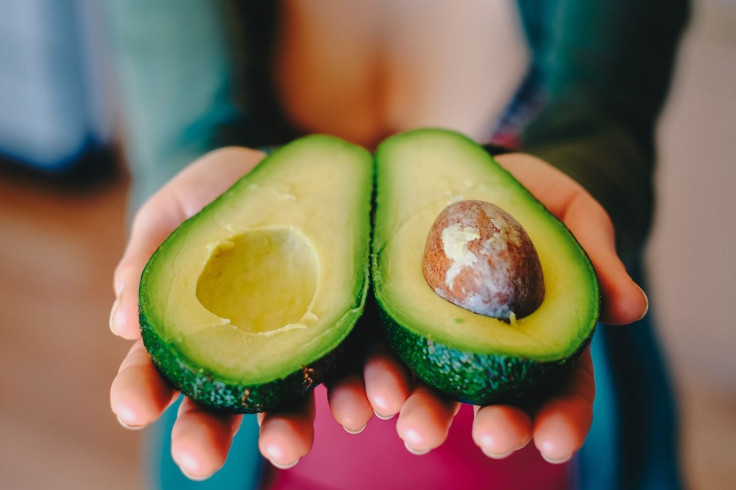Avocado For Weight Loss: Fact Or Fraud?

The marvelous fruit called the avocado, with its healthful fats and fiber, has long had a reputation as a superfood.
And by superfood, we mean a food with health-promoting properties such as reducing one's risk of disease, or improving any aspect of physical or emotional health. Superfoods might also have an unusually high content of antioxidants, vitamins and other nutrients.
To these healthful benefits must now be added the claimed ability to curb hunger.
A new study published in the journal Nutrients suggests that overweight or obese volunteers who had eaten avocado as part of a meal felt less hungry after 6 hours compared to those who had eaten a low-fat, high-carbohydrate meal.
Researchers sought to test the effects of replacing carbohydrates with avocado in a meal on satiety, which is the feeling of fullness and reduction in appetite we experience when we eat. The study included 31 participants who were either overweight or obese.
The volunteers ate a breakfast meal consisting of a bagel sandwich, honeydew melon, oatmeal and a lemonade-flavored drink on three separate occasions. The control meal was low in fat and high in carbohydrates. On the other hand, two other test meals contained either half or a whole avocado in the bagel sandwich.
The overall calorie count was the same for each meal. The breakfasts with avocado had triple the amount of fat and only two-thirds the amount of carbohydrate as the control meal.
The participants recorded their subjective feelings of fullness, hunger, desire to eat, how much they wanted to eat and how satisfied they felt after the meal at regular intervals for 6 hours. They also provided blood samples for analysis.
The results showed volunteers felt more satisfied after meals containing either a whole or half avocado. They also said they felt less hungry after meals with a whole avocado.
In addition, blood analysis revealed that different molecular messengers were responsible for satiety when comparing the meals with and without avocado.
The study authors noted "that how satiety is achieved through biological signaling may have important implications."
"Based on earlier work, I hypothesized that the fat-fiber combination of avocado would impart an enhanced satiety response,” said senior study author Dr. Britt Burton-Freeman, Ph.D., an associate professor of food science and nutrition and director of the Center for Nutrition Research at the Illinois Institute of Technology, in Chicago.
"The responses on the different satiety variables was surprising and helps us understand [or] think about how the fat and fiber may work to enhance satiety, even later, in the post-meal period," she added.
She noted that fats have been targeted as the main cause of obesity for years, and now carbohydrates have come under scrutiny for their role in appetite regulation and weight control.
Dr. Burton-Freeman said there is no one-size-fits-all solution when it comes to optimal meal composition for managing appetite. But understanding the relationship between food chemistry and its physiological effects in different populations can reveal opportunities for addressing appetite control and reducing rates of obesity, putting us a step closer to personalized dietary recommendations.



























